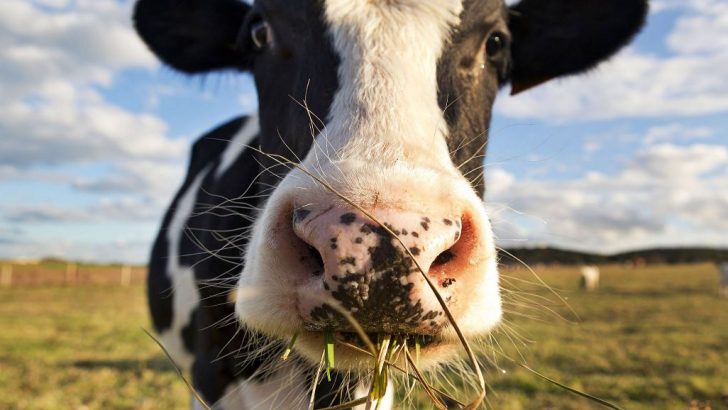I had my first hip replacement surgery when I was in my 40s – the youngest person in the hospital to have had that particular operation. It arose from a congenital joint defect I’d been born with, but had gone undetected, except for an increasing limp through my adult years. I was warned that a second hip replacement would, in time, follow, which it duly did.
I’d be a candidate for osteo-arthritis in my senior years, and possibly vulnerable to brittle bones after the menopause. It was predicted that I might be a fragile old lady liable to tumbling over and fracturing various parts of my skeleton.
Yes, in these senior years I do have a touch of arthritis, but thankfully, so far, no sign of brittle bones or general delicacy of frame. Generally, my life is extremely active and I’m fortunate enough to have loads of energy.
Grateful
I’m very grateful for this current state of resilience, for which I duly thank the Almighty. I’m also humbly aware that robust health can change in a heartbeat, and has done, for some people. This also makes every day precious.
And I believe that – as far as joints and bones are concerned – I owe a great deal to milk, and the avid consumption of dairy products.
Milk is a fantastic source of calcium, and I think I have greatly benefitted from my fondness for milk, cheese and yoghurt. No, thanks, I don’t want the lactose-free milk on offer in cafes and restaurants now: neither do I want oatmilk, coconut milk or soya milk. I want the full, regular milk that comes from cows, and, in Ireland, has done for thousands of years.
We are under pressure to drink less milk, just as we are under pressure to eat less meat. The UN’s recent Intergovernmental Panel on Climate Change encourages us to ‘diversify’ our food system towards eating more coarse grains, legumes, fruits and vegetables, nuts and seeds, with the implication that we should consume less meat and milk.
Diversity in food is excellent and going ‘green’ is helped by prudent management of the earth’s resources. But western European peoples evolved through eating meat – even the shape of our dental structures developed through meat-eating – and drinking milk.
John Connell’s The Cow Book is a beautiful tribute to the cow and all she has given us through the ages. Indeed so. She has built our bones, and I believe it’s thanks to the dear little cow that I still haven’t broken any.
Confounding critics by retaining her Catholic heritage: Terry Keane
Terry Keane, who died in 2008, aged 68, became known for her extra-marital relationship with the then Taoiseach Charles J. Haughey; yet it might come as a surprise that Terry voted twice against divorce referenda. She also voted pro-life in the 1983 referendum for the Eighth Amendment.
Terry’s obituarist, the scholar Patrick Maume, credits me with that information, and it is absolutely true – Terry Keane opposed abortion and chose to have a child out of wedlock, whom she placed for adoption, rather than terminate a pregnancy. The adoption caused her grief, although in later life she was subsequently reunited with her daughter Jane.
Nun
Terry was born Ann Teresa O’Donnell in England, the only child of Irish parents. To avoid the blitz, she was sent to Ireland as an infant, but then educated at English convent schools. As a girl she wanted to be a nun.
But she found her true vocation writing for society magazines, and became a successful journalist – and socialite. She married the barrister Ronan Keane and they had two daughters and a son.
She developed a wide circle of friends in Dublin, always attracting admirers: she had a sparkling and sometimes outrageous personality. The relationship with Charlie Haughey began in 1972, but was not revealed to the general public until 1999.
Later, Terry regretted making this public, which hurt Haughey’s wife and family. But I can attest that Charlie was deeply smitten by Terry Keane.
Her last years were hard: she had money troubles, her son died, as did a baby grandchild.
She confronted colon cancer and heart disease valiantly. Despite everything, Terry retained the Catholic (and Irish Republican) values of her heritage.


 Mary Kenny
Mary Kenny
